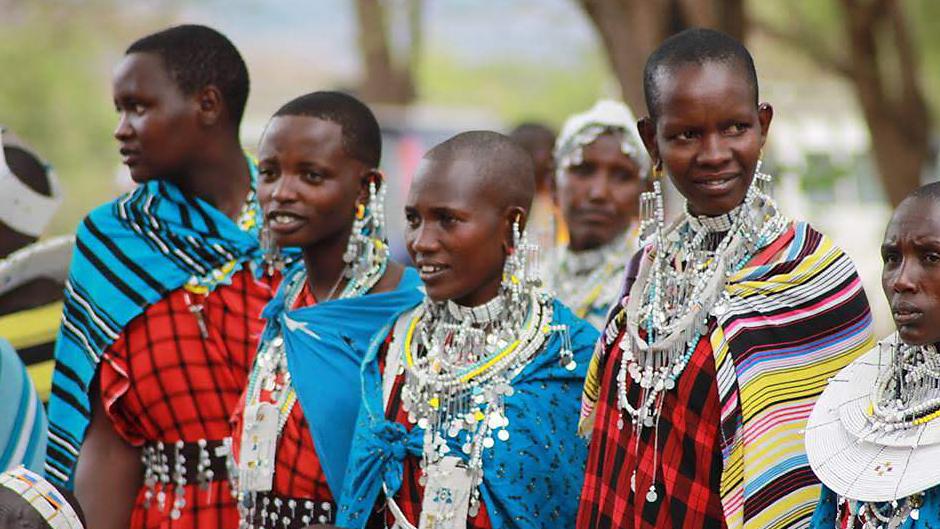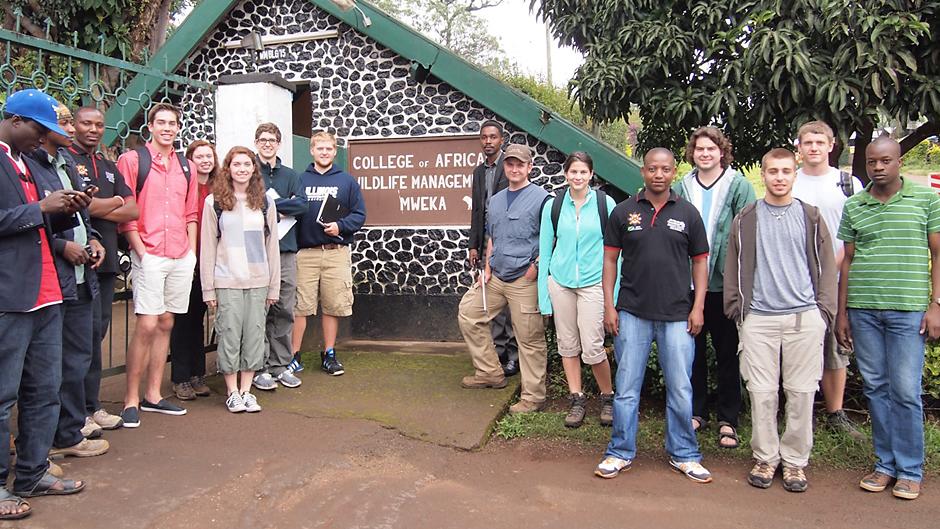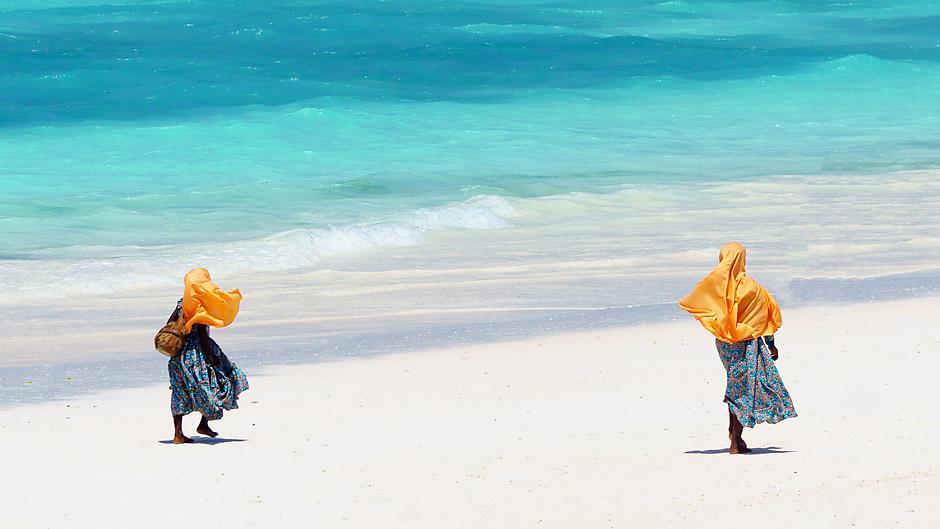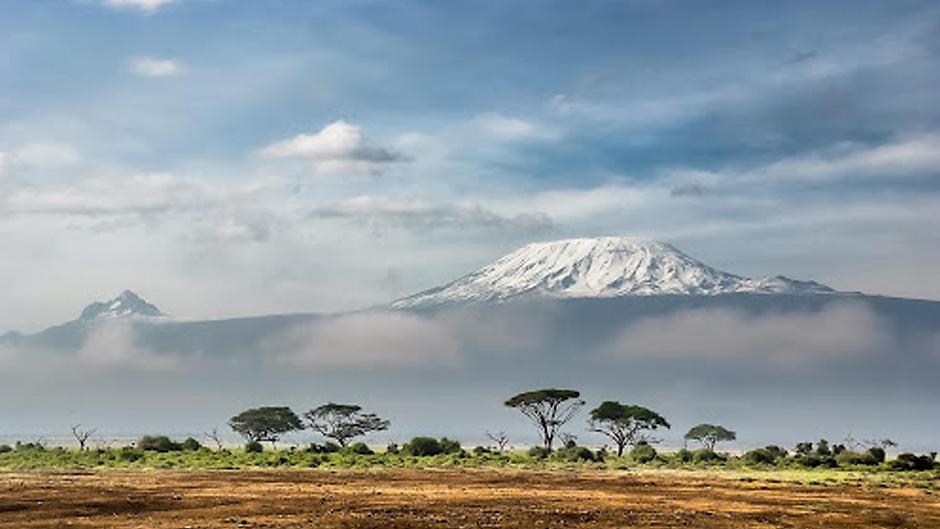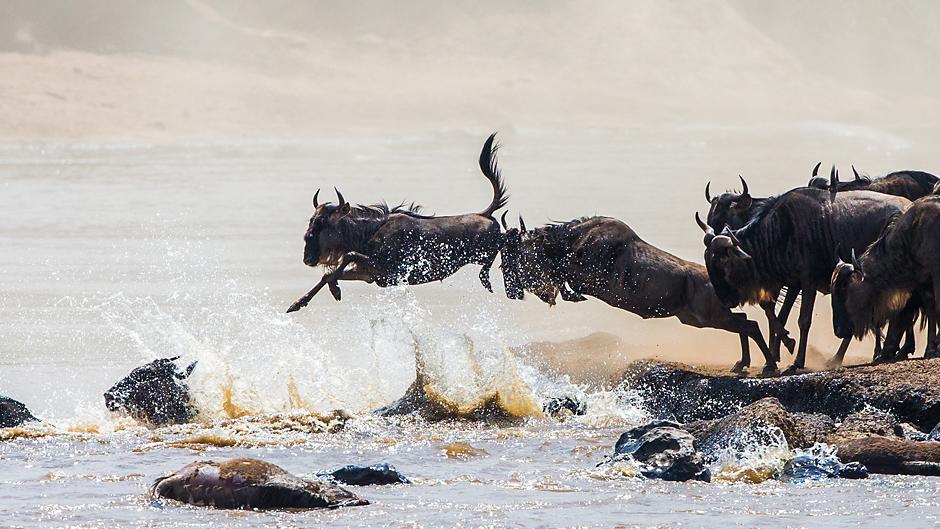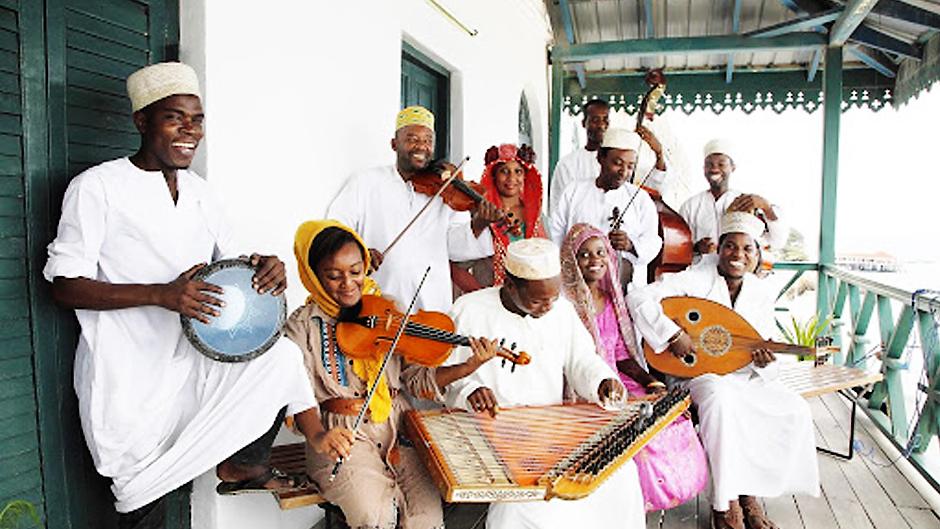Study in Tanzania, Africa
- June 9, 2024 through July 12, 2024
- Stone Town, Zanzibar
- $11,983, all-inclusive*
- Including:
- International airfare
- Accommodations
- Meals
- Transportation
- Excursions and activities
- Course fees
- Insurance
- Passport and Visa Fees
- Excluding:
- Travel vaccinations and medications
*NOTE:
- Partial and/or full scholarships may become available for admitted students through the Twendeni Zetu Tanzania Fund.
- A $500 refundable deposit will be required of admitted students by April 1, 2024 to show commitment.
Umoja International Fellowship Program

Umoja students have access to the Umoja International Student Fellowship Program, which can provide fellowships to cover the Tanzania program costs. You can also join the Umoja program at any time by contacting your campus Umoja coordinator (find your campus).
Area Overview
Tanzania is an East African country situated just south of the equator. The country, where some of the oldest remnants of human life are said to have been found, has a long and complex history. Officially the United Republic of Tanzania, the country was formed through the union of Tanganyika on the African mainland and the island of Zanzibar in 1964. In its early years, mainland Tanzania was populated by a combination of nomadic hunter-gatherers, settled farmers and cattle herders, migrant Bantu-speaking people, and Asian and Arabic-speaking traders. Both Tanganyika and Zanzibar later came under German and then British colonial control in the 19th and 20th centuries, respectively, until independence in the 1960s. Modern Tanzania’s population is now composed of a plethora of African people groups, a majority of whom are of Bantu descent, as well as Asian and European minority groups, which speaks to its cultural diversity. The country is also home to a variety of natural wonders, including the world’s highest free-standing mountain peak, Mount Kilimanjaro, and the Serengeti plains.
About the Program
This intensive 37-day summer abroad program introduces you to the East African nation of Tanzania through an exploration of the country’s incredible natural environment, diverse cultures, and rich history. It is designed as an opportunity for heritage-seeking students to travel to Africa and learn about African history, culture, language, and natural resources in a way that is exciting, fun, educational, and profoundly transformative.
The entire program is a traveling program that moves to different areas of the country. Aligning with program themes, this is a “decolonized” educational experience. Rather than being stationed at a local university, our program will be held at a variety of sites throughout Tanzania, from the foothills of Mt. Kilimanjaro to the arid plain of Maasailand, to the lush highlands of Uluguru, to the African metropolises of Arusha and Dar es Salaam, to the historically-rich tropical island of Zanzibar. Students will reside in a variety of lodgings, from hostels, to lodges, to homestays, and occasionally camping tents. Meals are carefully prepared for foreign students, with western and local options available. Educational excursions include boat trips to uninhabited islands, snorkeling around coral reefs, hiking through lush forests, and even viewing lions, elephants, and other incredible creatures on safari in the world’s most famous wildlife areas. There will be an emphasis on people and place through experiential learning and service to local communities that occurs outside of the traditional (colonial) classroom.
The program constitutes an entire semester of credit and includes three transfer-level courses (9 units), SJS 300, COMM 325, and ENGRD 310, and an independent study course (3 units), COMM 495. Academic content from the four courses will be intentionally woven into the daily schedule and extend a few days before and after the travel component of the program during the first 8-week summer session. Kiswahili (also known as Swahili) classes are held most days, Monday through Friday, and are led by two local Kiswahili instructors. “Nature, Culture, and Heritage” is led by Dr. Danielle Heard Mollel and Dr. Tanika Byrd in collaboration with local experts in wildlife conservation and management, Tanzanian politics, history, and culture, as well as community leaders from many different ethnic groups and tribes. Independent study is conducted during free time and allows you to explore a special area of interest that intersects with the program and your own academic/professional interests.
Important Dates
- Application Deadline:
- Early decision deadline: February 29, 2024. Early submissions will be given priority.
- Final application deadline: March 22, 2024
- $500 Refundable Deposit Due: April 1, 2024
- Passport Due: April 7, 2024. Apply for your U.S. passport.
- All Program Costs Due: April 1, 2024
- Notification of Twendeni Zetu Tanzania Fund scholarship awards: March 31, 2024
- Departure: June 8, 2024
- Return: July 12, 2024
- Go on a wildlife safari in the world-famous Serengeti and Ngorongoro Crater, learning from local experts in wildlife conservation and biology as you encounter incredible animals such as lions, elephants, giraffes, zebra, hippos, rhinos, and many more
- Spend a week in the heart of historic and culturally-rich Stone Town on the island of Zanzibar
- Learn beginner - intermediate Swahili, an important African language
- Go on a traditional sailboat cruise through the Indian Ocean
- Learn about the East African slave trade and visit the slave fort
- Tour a spice farm and learn about the culinary and medicinal uses of local spices
- Gain an immersive understanding of local Swahili culture and life in a fishing village through a homestay experience
- Spend a week on the beach studying coastal ecology and interacting with marine life on land and at sea
- Visit two major African cities and learn about important Black American figures who passed through there
- Meet Black expatriate communities and learn why they left the U.S.
- Spend time with the Maasai tribe of northern Tanzania and learn about their culture and struggles to hold on to their ancestral lands
- Enjoy nature hikes in Zanzibar and northern Tanzania that include Jozani tropical rainforest, Lake Natron, and Empakai Crater
Umoja International Fellowship Program
 Umoja students have access to the Umoja International Student Fellowship Program, which can provide fellowships to cover the Tanzania program costs. You can also join the Umoja program at any time by contacting your campus Umoja coordinator (find your campus).
Umoja students have access to the Umoja International Student Fellowship Program, which can provide fellowships to cover the Tanzania program costs. You can also join the Umoja program at any time by contacting your campus Umoja coordinator (find your campus).
Twendeni Zetu Tanzania Fund
The newly established Twendeni Zetu Tanzania Fund is currently engaged in efforts to raise funds for full and/or partial scholarships for admitted students, as an aim of this program is equitable and inclusive study abroad for all. Students are encouraged to apply for this program with the understanding that full or partial scholarships are contingent upon our fundraising efforts. Students will be notified of available scholarships when they are admitted to the program.
Other Scholarships
These scholarships are available through the Gilman International Scholarship Program and the Los Rios Foundation. The Gilman program application closes in March with awards announced in April/May. The Los Rios scholarship opens mid-January and closes late February with awards announced in March. Another scholarship opportunity is through the Fund for Education Abroad.
Remember, Financial aid, scholarships, and other funding opportunities are available to help with program expenses.
Contact
 Dr. Danielle Heard Mollel
Dr. Danielle Heard Mollel
Email: heardmd@crc.losrios.edu
Dr. Heard Mollel is a professor in the English department and Social Justice Studies program. She also teaches and mentors students in the Umoja Diop Scholars Program. Her research and teaching involves studies of the Black Diaspora. She has ongoing connections to East Africa, including Tanzania, through family and through her nonprofit charity, Adumu Impact. She previously developed the Tanzania study abroad program for UC Davis Study Abroad. (It was canceled due to the pandemic.)
As an undergraduate, she had the life-changing opportunity to study abroad in Kenya in a program structured similarly to the one she has developed for CRC/Los Rios. She has represented CRC on the district-wide International Education Committee since spring 2023. This committee discusses and makes recommendations on district-wide issues and initiatives related to international education, including study abroad and strategies to enhance global studies programs and activities. She is qualified to teach ENGRD 310 and SJS 300 offered in this program. She received tenure at CRC in August of 2023.
 Dr. Tanika Byrd
Dr. Tanika Byrd
Email: tanika.byrd@crc.losrios.edu
Dr. Byrd is a professor in the Communications department. She has been an active member of the Umoja program in our district and taught a fully dedicated Umoja Public Speaking class for the past four years. Her research and teaching have focused on the success of Black students and how identity-seeking opportunities inform academic growth.
In September 2022, she joined a delegation of faculty and staff from CRC to attend the All African Diaspora Educational Summit in Ghana. In July of 2023, she engaged in a three-week cultural immersion trip to Tanzania that covered the areas where students will be studying and exploring in the proposed program. Both trips to the continent of Africa were life-changing experiences that strengthened her resolve to work with and for African American students. She is qualified to teach COMM 325 and COMM 495 offered in this program. She currently serves as the professional development coordinator. She received tenure in August of 2020.


